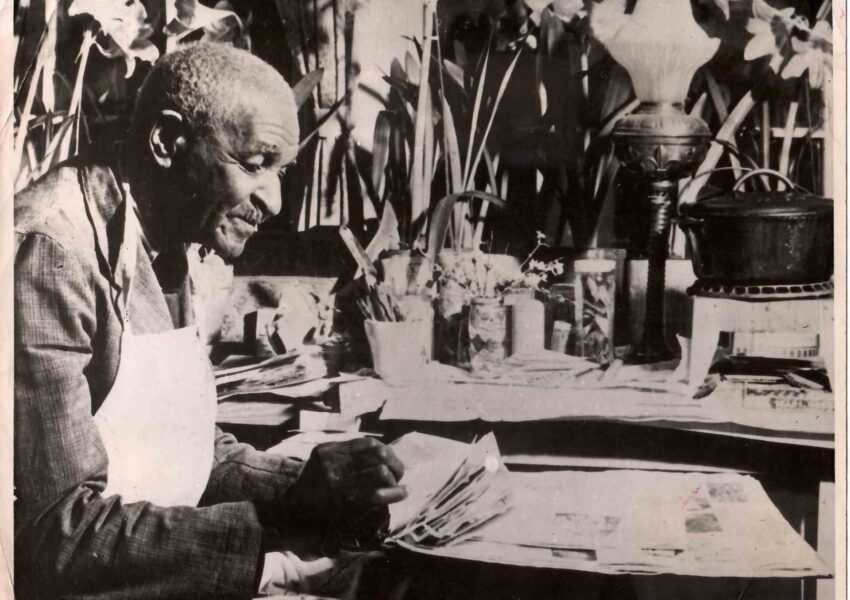Nearly 18 years ago, Dr. Arthur Agatston, a Florida cardiologist, published The South Beach Diet. The diet book became a best-seller and earned the endorsements of Bill and Hillary Clinton, Barbra Streisand, and Oprah Winfrey.
The “South Beach” in the title allegedly is inspired by the neighborhood where Dr. Agatston worked. The moniker helped cement the Miami neighborhood in the popular imagination as the gentrified mecca of sunning and clubbing—no longer the crime-ridden locale of Miami Vice and Scarface as it had been known in the ‘70s and ‘80s. But how did a diet evoking a Miami beach become so popular?
Diet books have been bestsellers for a long time, according to scholar Adrienne Bitar. In 1918, Dr. Lulu Hunt Peters released the first best-selling American diet book: Diet and Health with Key to the Calories. The book was dedicated to Herbert Hoover.
”She saw conservation as being a personal project for weight loss and increased health, but also as being of great political importance because some of that food that could be saved could have been used to provide relief for starving citizens in Belgium, or other parts of ailing Europe,” says Bitar.
For most of the twentieth century, after Dr. Lulu’s book, most diet books seemed to abide by gendered lines: diet books for men focusing on seemingly objective markers of health, like heart health, and diet books for women focusing on looks, like how to obtain an hourglass figure.
The South Beach diet was among a new cohort of diets that purported to address both concerns of health and looks: it was good for heart health, but also good for slimming down, advertisements alleged.
The South Beach Diet was able to do this, in part, because of the specific historical circumstances when it was published. In the 1990s, a moral panic had emerged over the so-called obesity epidemic. Concerns about weight, heart disease, and diabetes all converged on the problem of obesity, according to public health narratives. The South Beach Diet seemed to be a silver bullet to all of the problems of obesity.
But the thing is, diets rarely work. And diet books, Bitar argues, are perhaps better read as aspirational texts for everyday Americans as opposed to prescriptive health advice. Perhaps that is why Dr. Agatson chose to name his diet after the Miami beach—to evoke greener pastures that Americans could dream of inhabiting.
We thank the following individuals for help with this episode:
Adrienne Bitar
Nancy Cohen, Erica Corsano, and Susan Gladstone from the Jewish Museum in Florida
Katie King for fact-checking
Featured music includes “Coulis Coulis” and “Tarte Tatin” by Confectionary, and “Gentle Son” by El Baul. All are from Blue Dot Studios.








